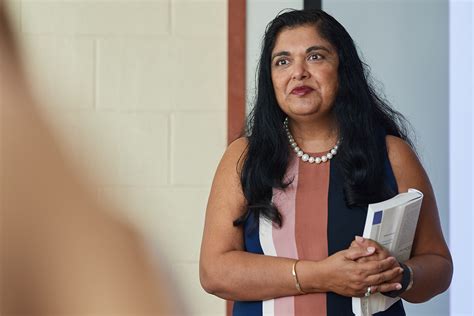A Quote by Manisha Sinha
We often forget that the women's rights movement actually grew out of the abolition movement. It is really within abolitionism that many of the leading women's rights advocates gained experience as organizers and lecturers.
Related Quotes
In less than a century we experienced great movement. The youth movement! The labor movement! The civil rights movement! The peace movement! The solidarity movement! The women's movement! The disability movement! The disarmament movement! The gay rights movement! The environmental movement! Movement! Transformation! Is there any reason to believe we are done?
The gay rights movement of recent years has been an inspiring victory for humanity and it is in the tradition of the civil rights movement when I was a young boy in the South, the women's suffrage movement when my mother was a young woman in Tennessee, the abolition movement much farther back, and the anti-apartheid movement when I was in the House of Representatives. All of these movements have one thing in common: the opposition to progress was rooted in an outdated understanding of morality.
The great social justice changes in our country have happened when people came together, organized, and took direct action. It is this right that sustains and nurtures our democracy today. The civil rights movement, the labor movement, the women's movement, and the equality movement for our LGBT brothers and sisters are all manifestations of these rights.
You have to join every other movement for the freedom of people. Therefore join the movement as individuals against anti-Semitism, join the movements for the rights of Hispanics, the rights of women, the rights of gays. In other words, I think that each movement has to stand on its own feet because it has a particular agenda, but it can ask other people.
Yes, it is hard out there. But hard is relative. I come from a middle-class family, my parents are academics. I was born after the Civil Rights movement, I was a toddler during the women's movement, I live in the United States of America, all of which means I am allowed to own my freedom, my rights, my voice and my uterus.






































